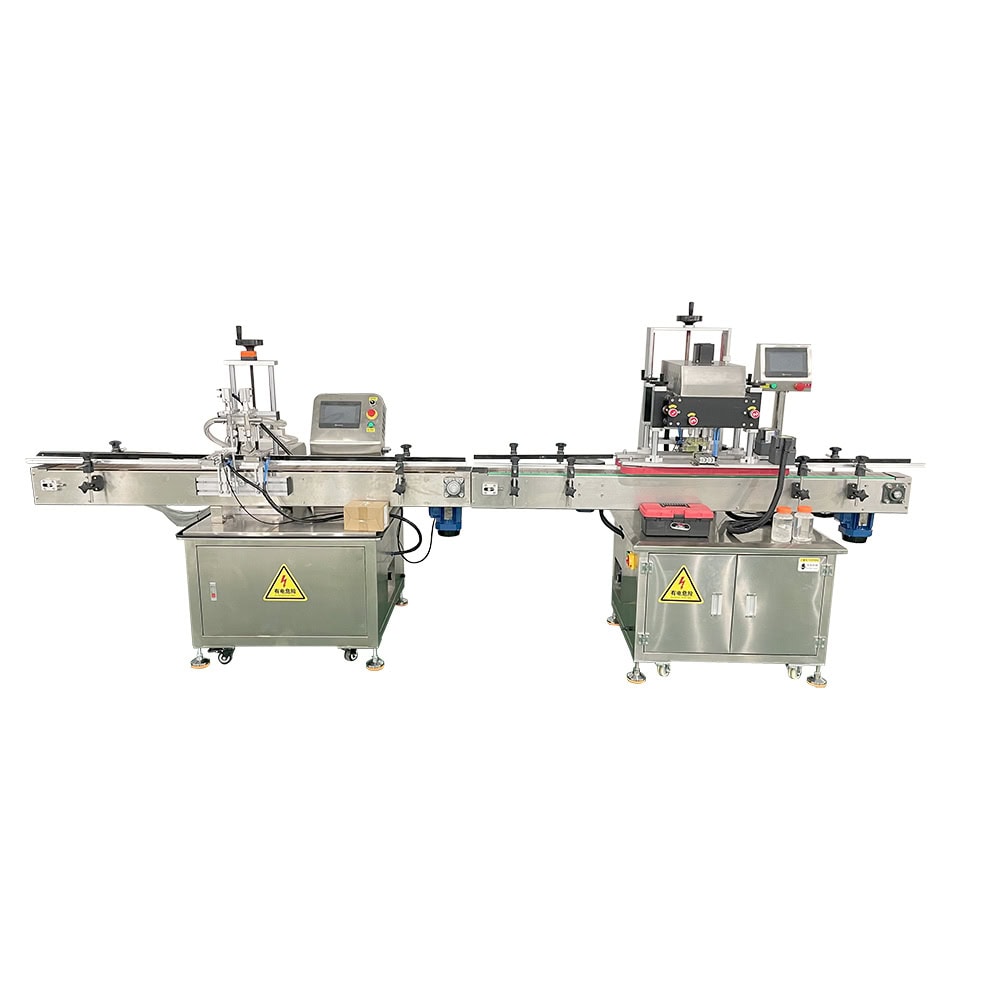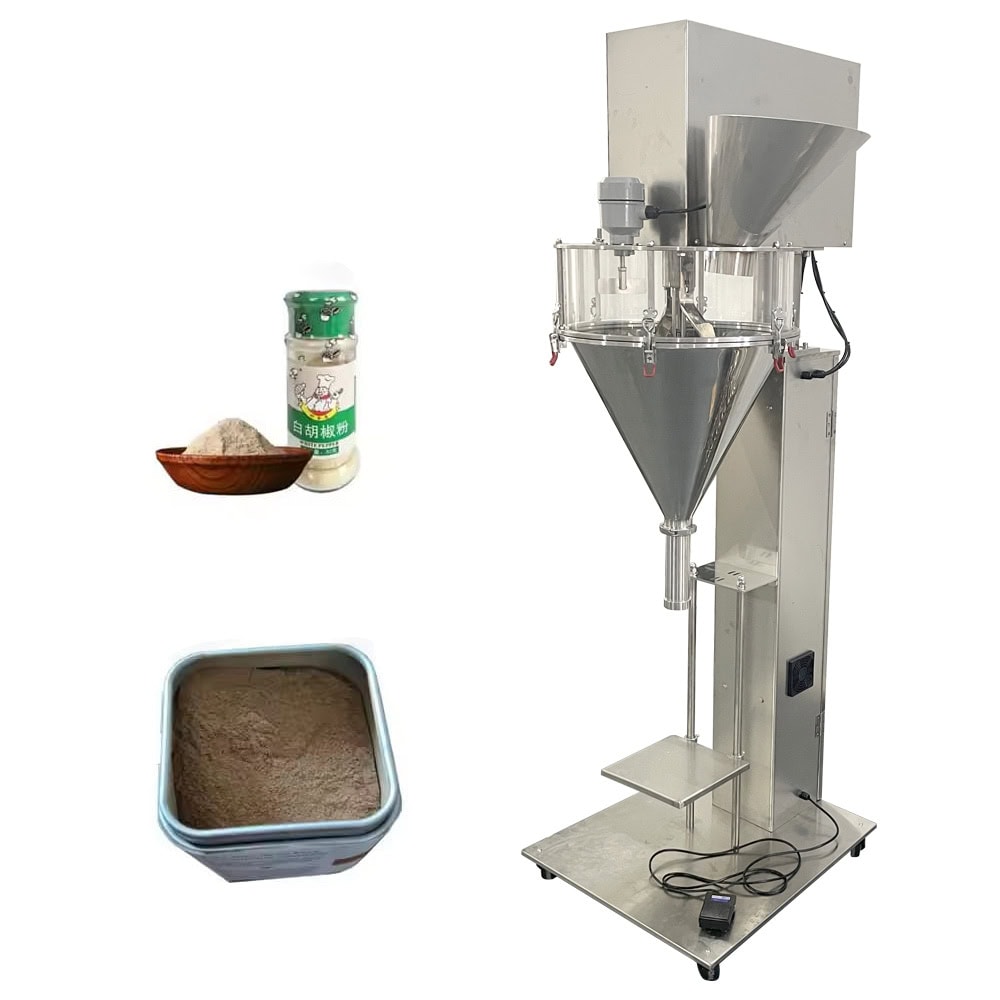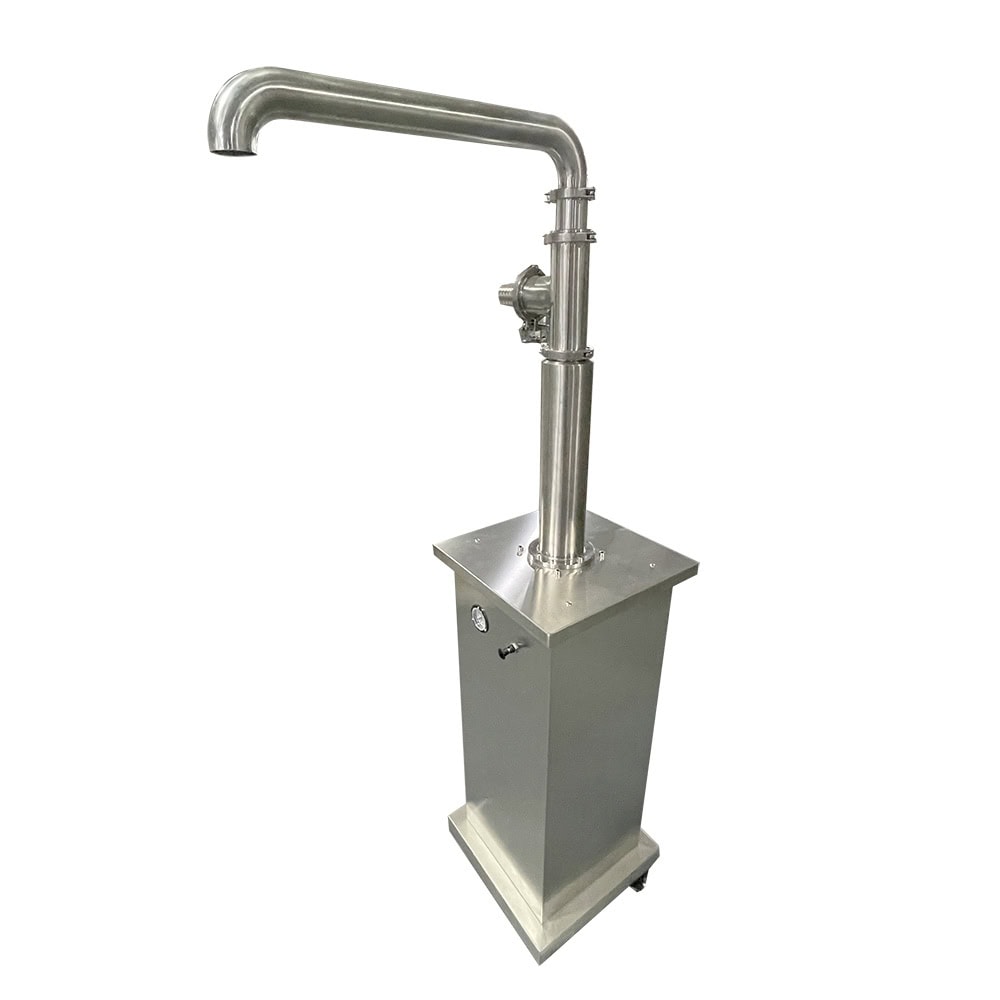The problem in the food packaging industry is you have to be able to package your food consistently and efficiently, and you can’t waste a lot of it. If you can’t do these things, you’ll have production delays, and you’ll waste a lot of product. The answer is to use automated filling machines to help you package the food accurately, efficiently, and with minimal waste.
Filling machines help you package food faster, more accurately, and more efficiently. They reduce your labor costs. They help you package your food consistently. They help you fill your food accurately. They help you maintain cleanliness. They help you package various types of food.
Now, let’s look at all the different ways filling machines help you package food.
Enhanced Efficiency and Speed
Filling machines drastically improve the efficiency and speed of food packaging processes. These machines automate the process, reducing the time it takes to fill containers, whether they’re bottles, cans, or pouches. Automation allows for continuous production lines, ensuring that products are packaged quickly without interruptions or manual intervention. This increase in speed allows companies to meet higher production quotas and shorten lead times.
Additionally, automated systems like liquid filling machines ensure that the process runs smoothly with fewer errors compared to manual labor. By optimizing the process, companies can handle larger production volumes, making it easier to meet market demand without compromising on quality.
Improved Precision and Accuracy
One of the major benefits of filling machines is their ability to deliver precise and consistent results. Automated filling systems are designed to accurately measure and dispense specific quantities of food products, whether they are liquids, powders, or solids. This level of accuracy is essential for maintaining product quality and avoiding overfills or underfills, which can lead to product wastage or customer dissatisfaction.
For example, powder filling machines ensure that each package contains the exact amount of product, minimizing errors and enhancing quality control. Precision in the filling process also reduces the risk of packaging issues that could compromise product integrity, which is particularly important in industries where hygiene and safety standards are critical.
Reduced Labor Costs
With the automation of filling processes, companies can significantly reduce the need for manual labor. Filling machines take over repetitive tasks, which not only cuts labor costs but also improves productivity. Workers can then focus on more value-added tasks, such as quality control or machine maintenance, which can lead to better overall performance.
The use of filling machines also reduces the likelihood of human error, ensuring that each product is filled to the exact specifications. As labor costs continue to rise, automating processes with advanced machinery, such as customized labeling machines and bottle filling machines, becomes increasingly important for maintaining profitability in competitive markets.
Maintaining Hygiene Standards
In the food packaging industry, hygiene is paramount. Filling machines are specifically designed to maintain strict cleanliness standards, minimizing the risk of contamination during the packaging process. Automated systems ensure that the product is handled in a controlled environment, reducing human contact and the potential for contamination.
Most modern filling machines, such as vacuum packaging machines, are constructed from stainless steel and other hygienic materials that can easily be cleaned and sanitized. This is particularly important for companies dealing with perishable goods like dairy, beverages, or sauces, where maintaining a sterile environment is essential for product safety and longevity.
Versatility Across Food Types
Filling machines are incredibly versatile and can handle a wide range of food products, including liquids, semi-liquids, powders, and solids. Whether you are packaging sauces, dairy products, or dry goods, filling machines can be easily adjusted to accommodate different product types. This adaptability allows companies to streamline production lines, even if they manufacture diverse product ranges.
Machines like the liquid filling machine can switch between different product types quickly, minimizing downtime and increasing overall efficiency. This flexibility is crucial for businesses that produce a variety of goods and need to change their packaging setups frequently to meet different product demands.
Waste Reduction
By ensuring that the correct amount of product is dispensed into each package, filling machines help reduce product waste. Precise filling eliminates the risk of overfilling, which not only saves product but also reduces the amount of packaging material needed. This can lead to cost savings in both product and material usage.
Filling machines also reduce the likelihood of spillage, which can occur during manual filling processes. Less waste means higher efficiency and cost-effectiveness, as well as a smaller environmental footprint—a key concern in today’s food industry.
Consistency in Packaging
Filling machines ensure that each package is filled consistently, which helps to maintain product uniformity across all packages. This level of consistency is critical for brand integrity, as customers expect the same quality and quantity in every package they purchase.
For instance, when using a bottle filling machine, manufacturers can guarantee that each bottle contains the exact amount of product specified. This reduces customer complaints and ensures that every product meets regulatory standards and consumer expectations.
Energy and Resource Efficiency
Many filling machines are designed to be energy-efficient, using less power and fewer resources during the packaging process. Modern machines are equipped with advanced features that optimize energy usage, which not only reduces operational costs but also helps companies meet their sustainability goals.
Filling machines also minimize the use of packaging materials by ensuring that each product is filled accurately, reducing the need for excessive packaging. This not only saves on costs but also supports eco-friendly initiatives in the packaging industry.
Integration with Other Packaging Equipment
Filling machines can be easily integrated with other packaging equipment, such as labeling machines, sealing machines, and capping machines. This integration allows for a seamless packaging process, from filling to labeling and sealing, without any manual intervention.
For example, combining a bottle filling machine with a label printer ensures that the product is filled, sealed, and labeled all in one continuous process. This reduces downtime and increases the overall efficiency of the packaging line, making it easier to meet production targets.
Increased Production Flexibility
Filling machines provide manufacturers with the flexibility to handle different packaging formats, sizes, and product types. Many machines can be programmed to switch between various packaging options, allowing companies to adapt quickly to changing consumer demands or product lines.
For businesses that produce multiple products, this flexibility is invaluable. The ability to quickly change settings and adjust for different products means less downtime and greater productivity. This level of flexibility is crucial for maintaining competitiveness in the fast-paced food industry.
Conclusion
In conclusion, filling machines play a critical role in enhancing the efficiency, precision, and hygiene of food packaging processes, making them indispensable for modern food production.
You may be interested in:












